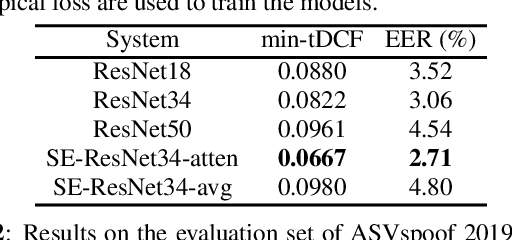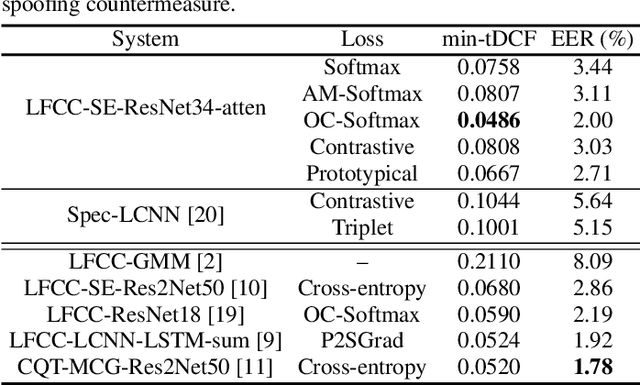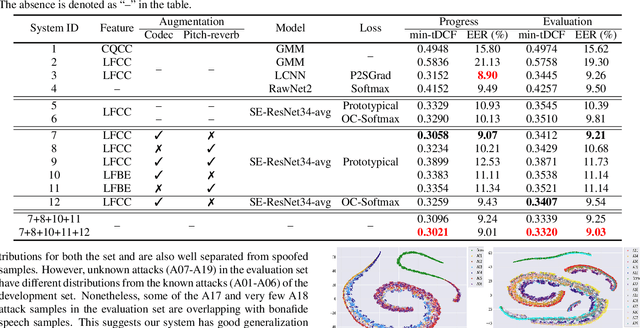Ashish Panda
Spoken Grammar Assessment Using LLM
Oct 02, 2024Abstract:Spoken language assessment (SLA) systems restrict themselves to evaluating the pronunciation and oral fluency of a speaker by analysing the read and spontaneous spoken utterances respectively. The assessment of language grammar or vocabulary is relegated to written language assessment (WLA) systems. Most WLA systems present a set of sentences from a curated finite-size database of sentences thereby making it possible to anticipate the test questions and train oneself. In this paper, we propose a novel end-to-end SLA system to assess language grammar from spoken utterances thus making WLA systems redundant; additionally, we make the assessment largely unteachable by employing a large language model (LLM) to bring in variations in the test. We further demonstrate that a hybrid automatic speech recognition (ASR) with a custom-built language model outperforms the state-of-the-art ASR engine for spoken grammar assessment.
Synthetic speech detection using meta-learning with prototypical loss
Jan 24, 2022


Abstract:Recent works on speech spoofing countermeasures still lack generalization ability to unseen spoofing attacks. This is one of the key issues of ASVspoof challenges especially with the rapid development of diverse and high-quality spoofing algorithms. In this work, we address the generalizability of spoofing detection by proposing prototypical loss under the meta-learning paradigm to mimic the unseen test scenario during training. Prototypical loss with metric-learning objectives can learn the embedding space directly and emerges as a strong alternative to prevailing classification loss functions. We propose an anti-spoofing system based on squeeze-excitation Residual network (SE-ResNet) architecture with prototypical loss. We demonstrate that the proposed single system without any data augmentation can achieve competitive performance to the recent best anti-spoofing systems on ASVspoof 2019 logical access (LA) task. Furthermore, the proposed system with data augmentation outperforms the ASVspoof 2021 challenge best baseline both in the progress and evaluation phase of the LA task. On ASVspoof 2019 and 2021 evaluation set LA scenario, we attain a relative 68.4% and 3.6% improvement in min-tDCF compared to the challenge best baselines, respectively.
 Add to Chrome
Add to Chrome Add to Firefox
Add to Firefox Add to Edge
Add to Edge